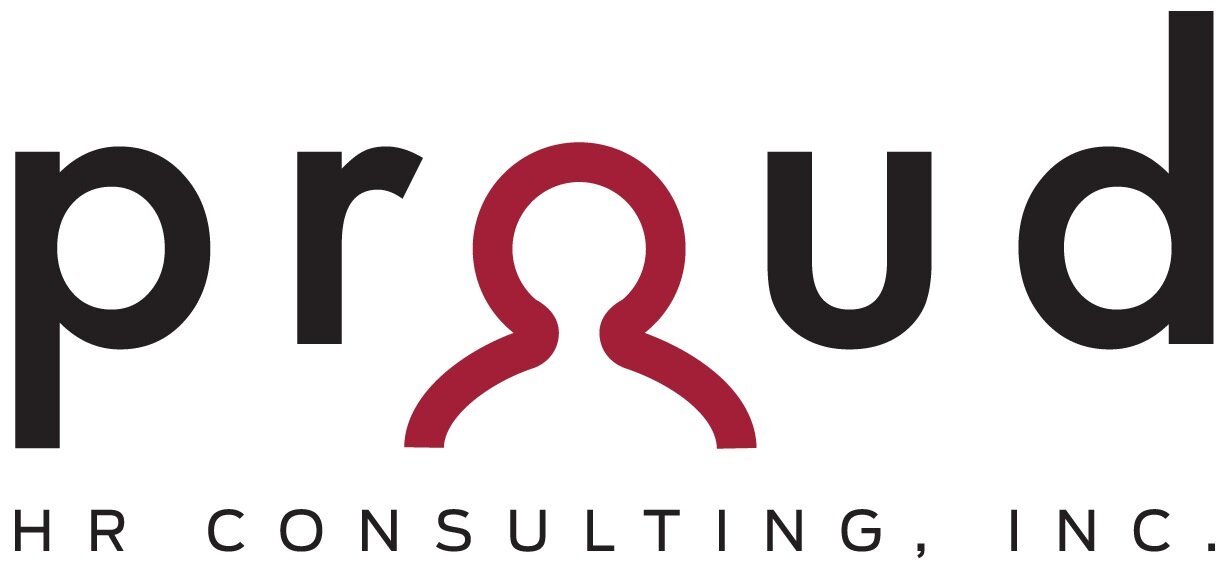Key Labor-Law Strategies and Updates From a Kick-Ass Conference
Last week, I attended a 4-day labor-law conference in Phoenix. I love this conference. I have been attending the Ogletree Deakins National Workplace Strategies Seminar for about 7 years because of the variety of topics and sessions that are relevant to my clients. Learning about the latest in labor law directly from lawyers and other experts is invaluable.
The agenda was jam-packed with state, federal and even global employment matters facing employers today. I can’t possibly recap them all in this blog, but here are some highlights from my favorite speakers:
· The keynote presentation was by Richard Lui of MSNBC, an award-winning news anchor, journalist and now author of Enough About Me – The Unexpected Power of Selflessness. He spoke passionately about the challenges of being a caregiver to aging parents. He took us through his very personal journey to show how even the smallest decisions we make each and every day can enact meaningful changes. I am currently in a similar position of balancing my career with being a caregiver, and his speech struck an emotional cord that left me in tears.
· A jury consultant and litigators took us through an interactive session where we were the jury. During the conference briefings, we also got to make the call on a summary judgement through a mock hearing. Another breakout session shared the perspective from the plaintiff’s point of view with tips on how to avoid being their next target. This is why I love HR — it’s all so fascinating!
· A keynote policymaker address was given by Equal Employment Opportunity Commission (EEOC) Vice Chair Jocelyn Samuels, who offered us a peek on what is happening at the EEOC. Her invaluable and intriguing insights outlined the commission’s current enforcement priorities and highlighted other areas that are affecting employers today.
o She talked about how AI software being used in human resources may have inadvertent bias issues based on their algorithms and how the software learns and predicts. Recruiting tools used for prescreening candidates are one place exclusions can creep in — candidates with disabilities can ultimately be screened out completely. She recommends we be aware of data setup and put in guardrails and audits. She also pointed out the importance of educating yourself before purchasing or recommending AI-based tools and of doing your homework on software and vendors. As an employer, you are accountable for your hiring practices, including the platform you chose to work with.
o She reminded us that harassment comes in many forms these days, especially with open chat rooms, Slack, Teams, email, text messages, even Zoom meetings. There is no longer a dividing line between work and personal when you are taking calls and meetings in your dining room.
o As you can imagine, the EEOC is working on myriad subjects, all deemed high priority, including anti-retaliation, gender equality, and evaluating pay equity and pay disparities in the workplace. They will be adopting an X gender for non-binary or unspecified gender status, as well as updating the EEOC Strategic Plan and Strategic Enforcement Plan that guide field enforcement priorities.
o With all these projects, the backlog for EEOC hearings has increased, and they are predicting it will take up to two years to get through them all. There is a staggering number of cases, including 6,225 covid-related cases and another 2,700 vaccine-related charges of discrimination.
o When it comes to DEI and hiring initiatives, as we rethink our workplaces, so is the EEOC. Hiring Initiative to Reimagine Equity, HIRE, is a multiyear collaborative effort by the EEOC and the Department of Labor’s Office of Federal Contract Compliance Programs, which will engage a broad array of stakeholders to expand access to good jobs for workers from underrepresented communities and help address key hiring and recruiting challenges.
· A panel with four experts examined DEI strategies further: What’s working and what’s not working? Have DEI initiatives lost momentum? How do you balance accountability and risk? DEI is not about checking boxes — it’s about making real change — and real change takes thoughtfulness and time. It’s an all-in process that takes involvement from the C-Suite to the front line and everyone in between. I will be writing a future post on how to renew and revive focus on DEI, so stay tuned.
To the Ogletree Deakins’ San Francisco team of attorneys, especially Doug Farmer, Charles Thompson IV and Greg Cheng, and the event staff who worked tirelessly to put on this great conference, a big thank you!
If you’d like a longer debrief of everything I learned and how it might affect your company, please contact me.
